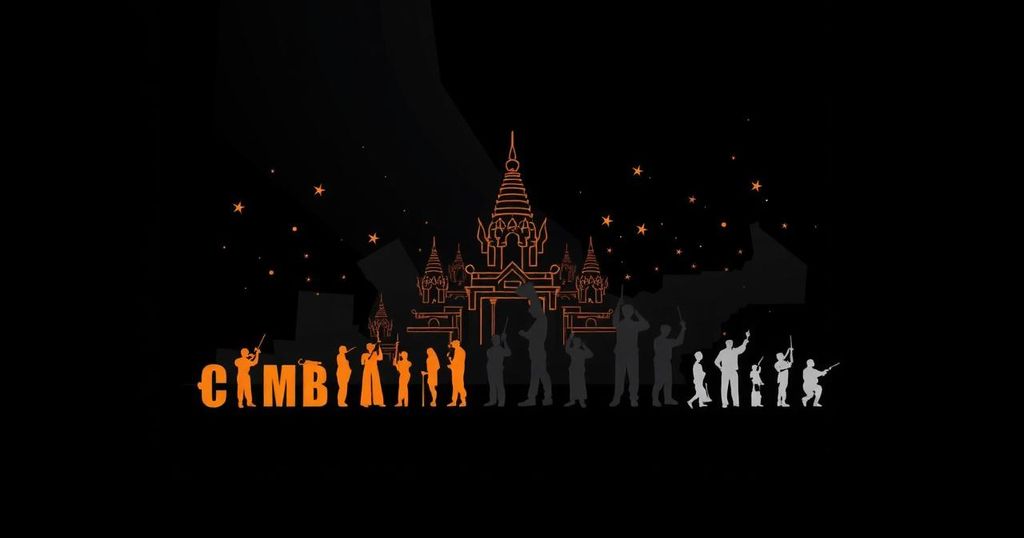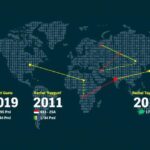Cambodia Exits Regional Development Pact in Response to Public Protests
Cambodian Prime Minister Hun Manet announced the nation’s exit from a development agreement with Vietnam and Laos amidst protests claiming it favored foreign interests. Significant concerns arose over land concessions related to Vietnam, leading to the arrest of protesters. Hun Manet described dissenters as extremists and emphasized public concerns about territorial integrity as a reason for withdrawing from the agreement established in 2004.
Cambodian Prime Minister Hun Manet announced the withdrawal of Cambodia from a regional development agreement with Vietnam and Laos, citing protests that argued the pact was favoring foreign interests. Critics predominantly highlighted concerns regarding land concessions in border territories, particularly with Vietnam, a matter of significant sensitivity given Cambodia’s historical tensions with its larger neighbor. Prior to a planned protest in August, Cambodian authorities detained at least 66 demonstrators, most of whom were subsequently released, albeit leaders of the movement now face charges. This development agreement, established in 2004, was intended to enhance cooperation on trade and migration within four northeastern provinces of Cambodia and adjoining regions in Laos and Vietnam. In a social media post, Prime Minister Hun Manet labeled opponents of the pact as extremists, accusing them of utilizing the controversy to undermine the government and sow confusion among the populace. He addressed allegations suggesting that his administration had relinquished territory from the northeastern provinces to foreign entities. Hun Manet remarked that Cambodia has made considerable progress over the last 25 years in developing these four provinces, but decided to withdraw from the agreement in response to public concerns regarding territorial integrity and to prevent extremists from manipulating the issue for deceitful purposes. The Cambodian government has been repeatedly criticized for stifling dissent and political opposition. Hun Manet ascended to power last year after the lengthy rule of his father, Hun Sen, spanning four decades. However, there has been little indication of political reform or increased liberalization under the current leadership.
The backdrop of this article revolves around Cambodia’s intricate relationship with its neighboring countries, Vietnam and Laos, particularly concerning territorial issues and land management. The CLV-DTA (Cambodia-Laos-Vietnam Development Triangle Area) agreement was established with the intent to enhance regional cooperation, but recent protests have exposed deep-seated public concerns over potential foreign influence and land concessions. The Cambodian government’s history of suppressing dissent adds a layer of complexity to the public’s reaction to such agreements. The shift in leadership from Hun Sen to his son Hun Manet signifies a potential change in the political landscape, but the absence of significant reforms thus far raises questions about the future direction of Cambodian governance.
In conclusion, Prime Minister Hun Manet’s decision to withdraw from the CLV-DTA underscores the sensitive nature of territorial issues in Cambodia and reflects the administration’s response to public protests. The government’s labeling of dissenting groups as extremists illustrates the ongoing tensions between authority and opposition within the country. As Cambodia under Hun Manet navigates the balance between foreign agreements and domestic concerns, the political implications of this withdrawal will likely resonate throughout the region.
Original Source: apnews.com








Post Comment